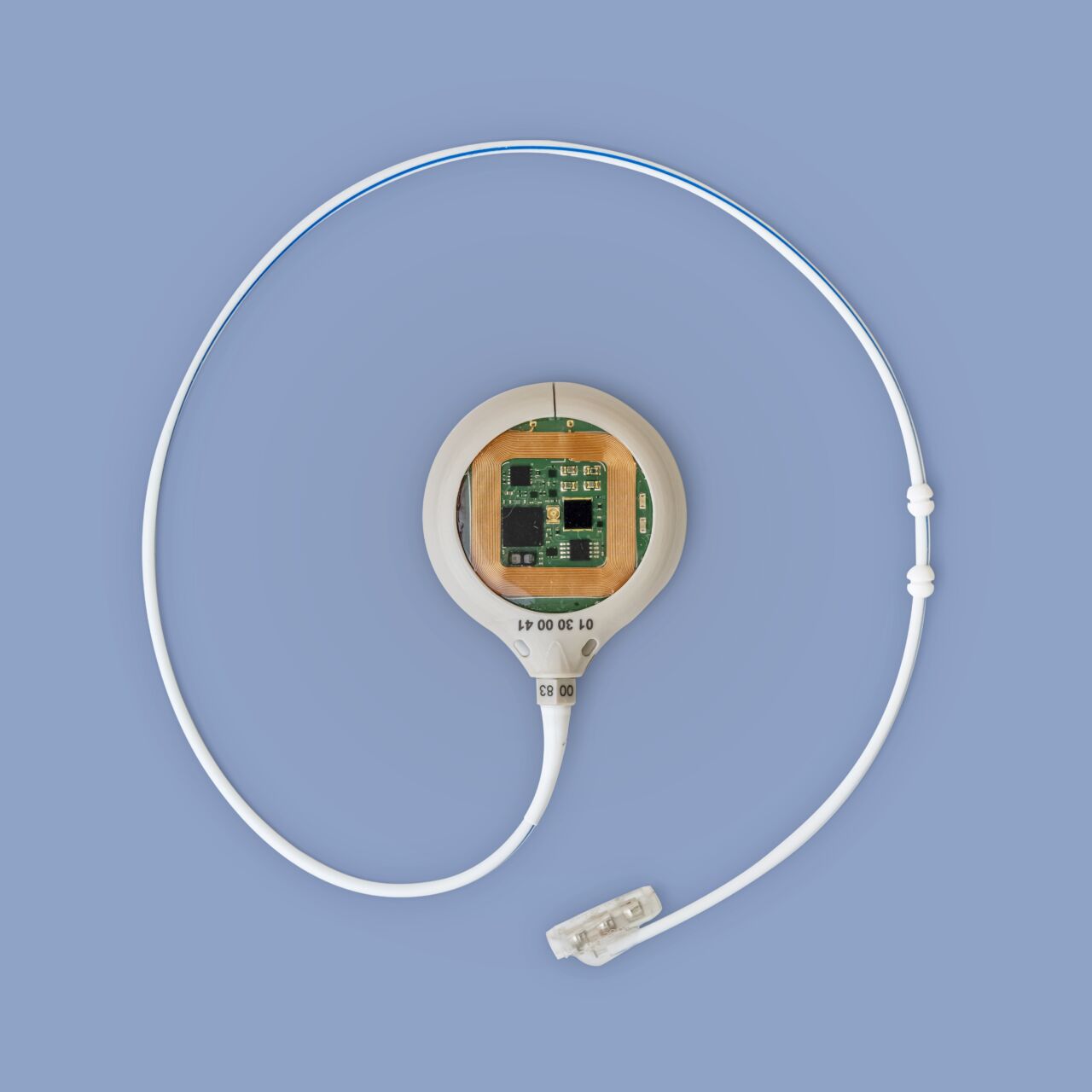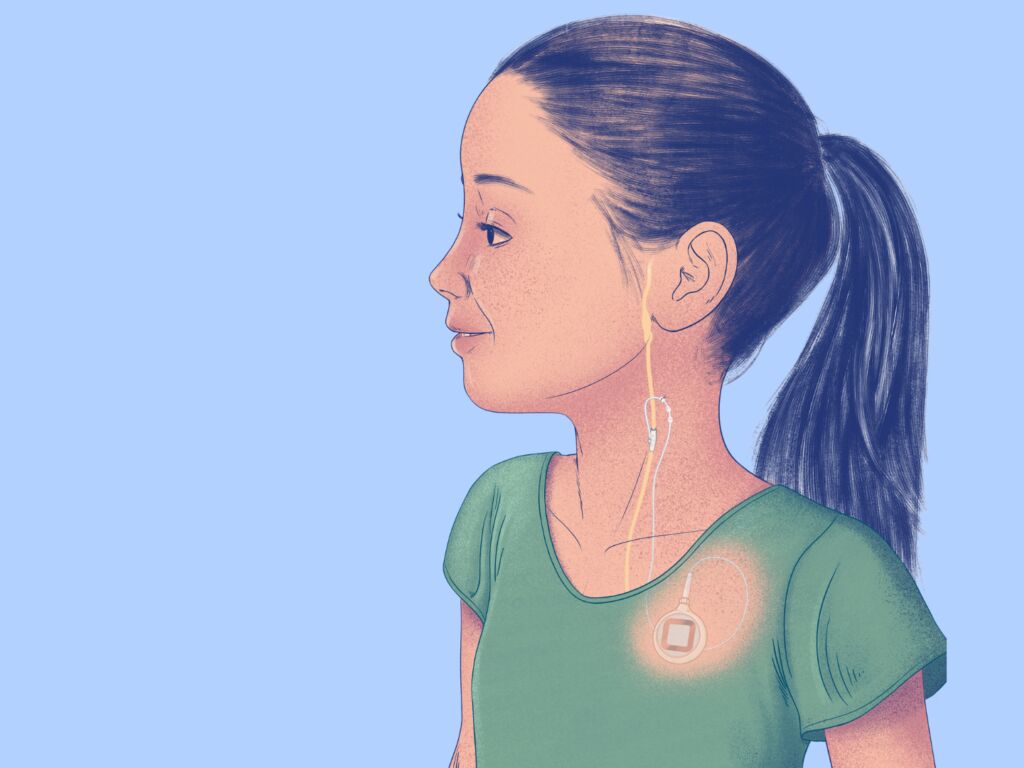- Member
- Synergia Medical
Founded in 2014 by Pascal Doguet and Attila Borbáth, Synergia Medical focuses on developing a device for people with drug-resistant epilepsy, which affects 1 in 3 patients.
"Patience is the mother of science," a Spanish proverb that could apply to Synergia Medical, as after 9 years of R&D, the Brabant start-up has obtained authorization to begin its first clinical trials!
- Ecosystem
-
- MedTech
- Success criteria
-
- International development
- Disruptive innovation
This device, about the size of a watch face, is inserted under the skin near the collarbone and helps prevent seizures by stimulating the vagus nerve. Although such implants already exist, their lifespan is limited to 4 to 6 years, and they prohibit MRI scans due to the metal in the implant.
Collaboration, patience, experience, and rigor: a demanding but necessary recipe
The NeuroPV project, labeled in 2015 by the MecaTech Cluster, has enabled close and fruitful collaborations between Synergia and its partners, VDDTech, UCLouvain, and ULB. One of the major and recurring challenges has been to fund multiple studies, find, and convince new investors at each stage of project development and company growth.
Following laboratory and sheep studies, the big moment has finally arrived: the Federal Agency for Medicines and Health Products has granted its precious approval for human trials, marking the first implantation in epileptic patients in Belgium.
Attila Borbáth, CEO and co-founder of Synergia Medical, says, "The first study will aim to verify the safety of the implant on 5 to 10 patients from Saint-Luc and the University Hospital of Ghent, whose international reputation in epilepsy is a major asset.
The second 'pivotal' study will focus on efficacy and will take place in Canada and the USA as well as in Belgian and European centers." If the results are positive, these studies will allow for market authorization.
"Innovation in the life sciences sector takes time. Health protocols are extremely stringent. The technical files documenting the tests are 8,000 to 9,000 pages long," adds Attila Borbáth. "We lost time because extreme rigor is fundamental in drafting these files. It was necessary to hire people experienced in this kind of work, used to operating in this very strict regulatory environment. We should have surrounded ourselves with these experts a bit earlier." The company currently has about thirty employees.

A recognized and rewarded project!
Already protected by more than a hundred patents, the device has just been published in the renowned journal Nature.
It was also awarded the prestigious Galien Prize in Belgium in 2023, the equivalent of the Nobel Prize for biomedical research. To top it off, Synergia has just been nominated for the International Galien Prize. Being nominated among 7 companies worldwide is a fantastic recognition.
The award ceremony will take place in June and will coincide with the start of our clinical trials. It’s going to be a hot summer at Synergia."
